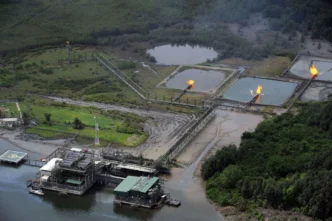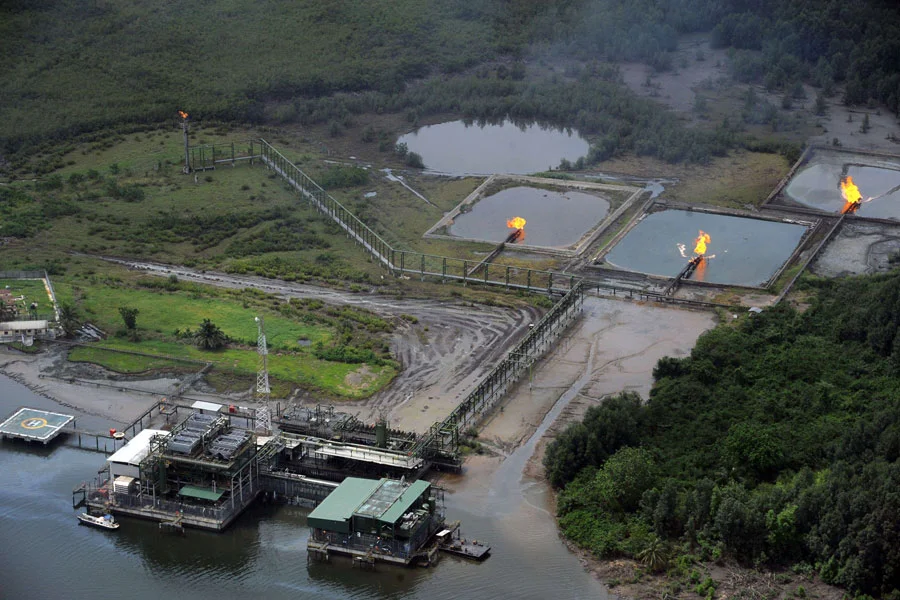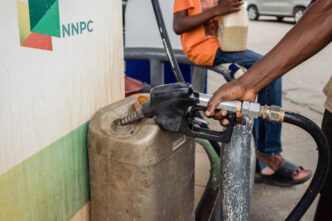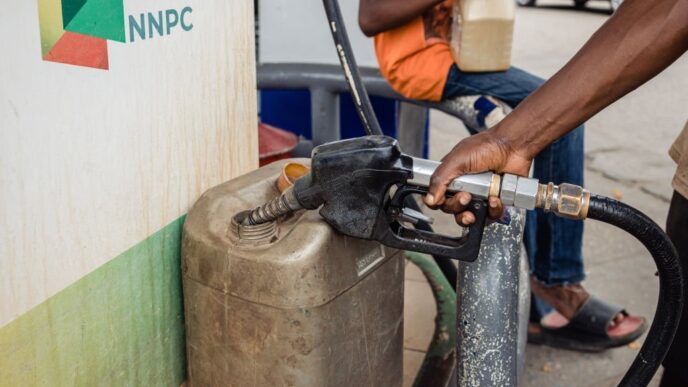Nigeria Oil Reserves Drop
Nigeria’s oil reserves have dropped significantly, with a reduction of 50 billion barrels over the past 14 years, raising concerns over the country’s future in the oil industry.
According to the Nigerian Upstream Petroleum Regulatory Authority (NUPRC), oil reserves plummeted from 38 billion barrels in 2008 to 37.5 billion barrels by 2023, marking a notable setback for the sector.
Reasons Behind Nigeria Oil Reserves Decline
The NUPRC attributes the decline in Nigeria’s oil reserves to a prolonged drought in exploration activities. One major factor contributing to this situation is the lack of investment from exploration and production firms.
The agency explains that this investment drought stems from several issues, including the delayed passage of the Petroleum Industry Bill (PIB) and the disruptive impacts of the COVID-19 pandemic.
As a result of this lack of exploration, Nigeria has seen job losses, particularly in geographical and geological service firms. These service providers, who play a crucial role in the exploration and production of oil and gas, have struggled due to the drop in Nigeria’s oil reserves.

NUPRC’s Recommendations to Address Nigeria Oil Reserves Drop
The NUPRC has called for a more aggressive approach to exploration in order to reverse the trend of declining oil reserves. The agency has recommended that oil and gas companies pursue active exploration, including drilling a well every year, to increase reserves.
Additionally, acquiring seismic data with deeper prospects beyond 15,000 feet has been suggested as a key step toward tapping into untapped reserves.
“Exploration activities are vital for replenishing reserves and contributing to the growth of the industry,” stated NUPRC’s leadership. “It is crucial for companies to adopt a long-term approach to exploration, using advanced technologies to unlock new opportunities.”
The Nigerian Government’s Response: 31 Oil Blocks for Sale
In response to the decline in reserves, the Nigerian government is turning to foreign investors to help revitalize the oil sector. The NUPRC has unveiled 31 new oil blocks for sale, offering significant opportunities for investors to participate in the country’s oil and gas industry.
This move is part of an ongoing licensing round aimed at boosting exploration activities and attracting much-needed investment into Nigeria’s oil industry.
Gbenga Komolafe, the CEO of NUPRC, emphasized that Nigeria’s competitive regulatory framework, combined with the Petroleum Industry Act (PIA), provides a conducive environment for investment.
He also pointed out that Nigeria’s oil sector continues to present ample opportunities, with vast untapped resources including 37.5 billion barrels of oil and 209.26 trillion cubic feet of natural gas.
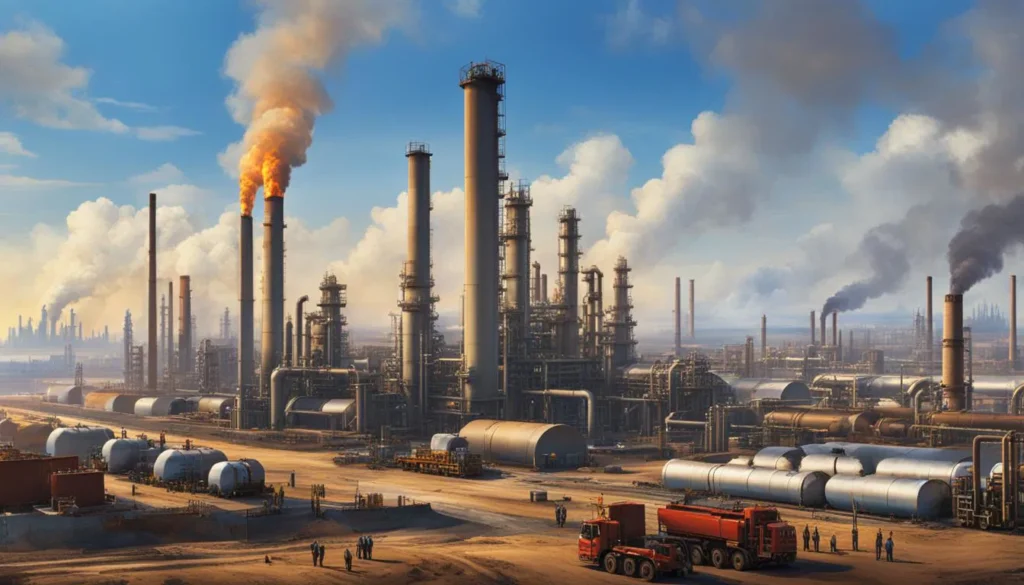
Impact of the Drop on the Economy
The decline in oil reserves presents a crucial issue for Nigeria, a country that heavily depends on crude oil for its revenue and economic stability. While oil production capacity remains at 2.4 million barrels per day, Nigeria continues to be one of Africa’s largest oil producers. However, the drop in reserves raises significant concerns about the long-term sustainability of the sector.
Despite Nigeria’s ongoing efforts to combat oil theft and improve production levels, the country has lost its position as the top oil reserve holder in Africa. This loss is particularly alarming for an oil-dependent nation, whose economy constantly grapples with challenges such as fluctuating oil prices, theft, and mismanagement.
Conclusion: Time to Act on Nigeria Oil Reserves Decline
The significant drop in Nigeria’s oil reserves signals a need for urgent action. To secure a sustainable future for the country’s oil industry, the government and private sector must focus on attracting investments, improving exploration efforts, and ensuring efficient management of resources.
The country’s vast potential remains untapped, but if left unaddressed, the continued decline in oil reserves could have serious economic consequences.
How do you think Nigeria can address the decline in its oil reserves? Share your thoughts in the comments below.
Read More:
